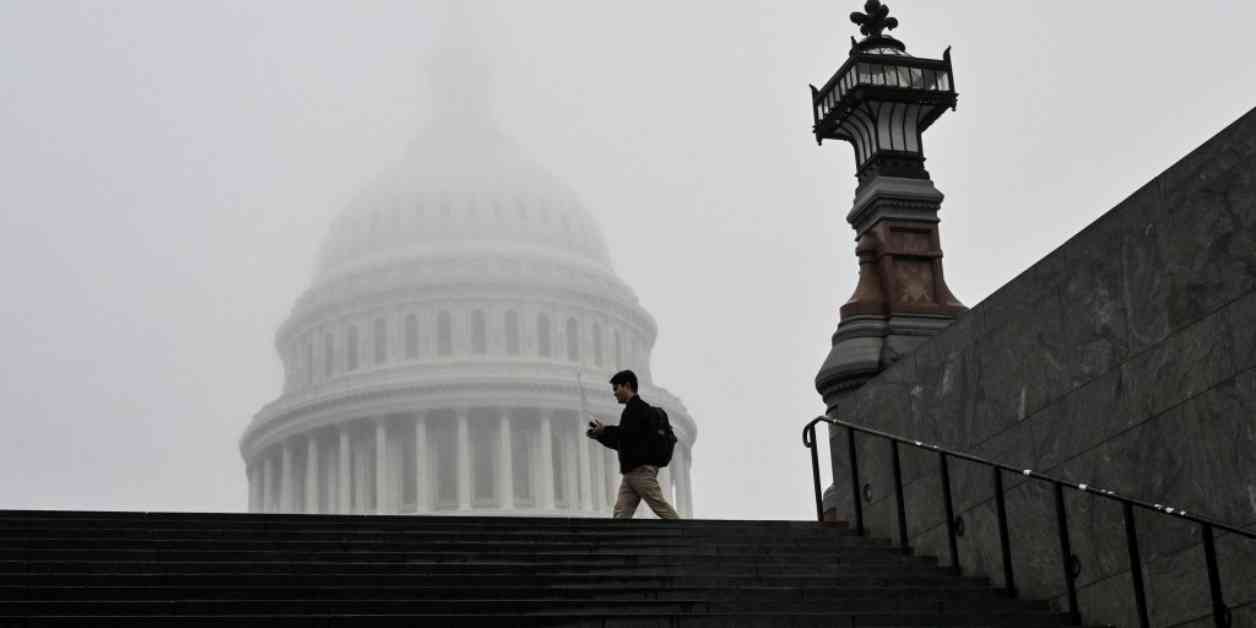Trump’s Push to Eliminate the Debt Ceiling Sparks Controversy
Amidst discussions in Congress to prevent a government shutdown, an unexpected proposal has emerged – the elimination of the debt ceiling. President-elect Donald Trump and other Republicans are pushing for this move, a stark departure from previous Republican strategies that leveraged the debt ceiling to gain concessions from Democrats. But why the sudden change in perspective and what implications could this have on the nation’s economy? Let’s delve into the details to understand the significance of this development.
The Impact of the Debt Limit and Default
The debt ceiling is a critical mechanism that dictates the maximum amount the U.S. Treasury can borrow to meet financial obligations. Failure to raise this limit could result in a technical default, rendering the government unable to pay its bills. This would not only disrupt the U.S. economy but also have far-reaching repercussions on global financial markets, potentially triggering a recession and affecting social welfare programs and payments to various stakeholders.
Historical Evolution of the Debt Ceiling
Introduced in 1917 to streamline borrowing efforts during World War I, the debt ceiling has since become a tool for monitoring federal spending. While it was meant to serve as a check on excessive borrowing, the ceiling has been raised numerous times over the years, indicating a lack of effective control over the nation’s debt accumulation.
Debt Growth Concerns and Political Gridlock
With the U.S. grappling with a high debt-to-GDP ratio and ongoing political stalemates over budgetary issues, concerns about financial stability have heightened. The recent economic challenges, compounded by the COVID-19 pandemic, have amplified calls for a reevaluation of the debt ceiling’s efficacy in managing fiscal responsibilities.
Trump’s Proposal and Bipartisan Response
President-elect Trump’s endorsement of eliminating the debt ceiling has sparked mixed reactions, with Democrats welcoming the idea and some Republicans expressing reservations. While proponents argue that the move could facilitate smoother financial operations, opponents cite concerns about unchecked government spending and the need for fiscal discipline.
In conclusion, the debate over the debt ceiling underscores the complexities of economic policymaking and the divergent views on how best to address the nation’s financial challenges. As policymakers navigate this contentious issue, the implications of their decisions will reverberate across the economy, shaping the future trajectory of fiscal policy in the United States.


